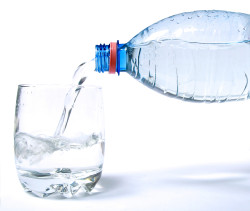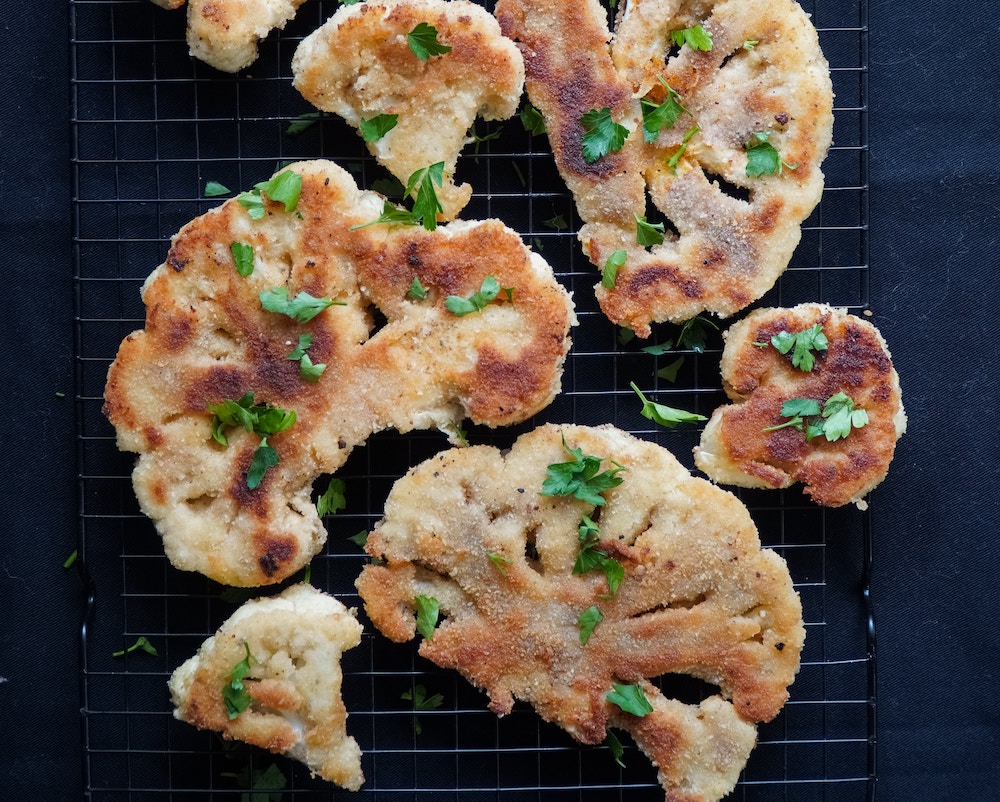 Holiday eating and partying can lead to feeling fat, bloated, uncomfortable, and sometimes even unattractive. The new year is here and it’s time to detox from all that holiday indulgence. One of the most common New Year’s resolutions is “I’m going on a diet.” The reason this is also one of the most commonly dropped resolutions by the second week of the year is that diets just don’t work. They are often too restrictive so following them gets overcomplicated, food becomes uninteresting and giving up is just too easy.
Holiday eating and partying can lead to feeling fat, bloated, uncomfortable, and sometimes even unattractive. The new year is here and it’s time to detox from all that holiday indulgence. One of the most common New Year’s resolutions is “I’m going on a diet.” The reason this is also one of the most commonly dropped resolutions by the second week of the year is that diets just don’t work. They are often too restrictive so following them gets overcomplicated, food becomes uninteresting and giving up is just too easy.
Before deciding to go on a diet, I suggest starting simple. Weight gain during the holidays is common and often it is primarily just bloating and water retention, which can be easily addressed with these 5 tips.
1. Increase Water Intake: #1 rule for weight loss (and general well being, good health, etc) is to really increase your water intake. Some sources say to aim for up to a gallon a day.
This is not going to be the case for everyone, but dehydration can happen very easily. If exercise is part of your routine, plan on drinking plenty of water. Plus, the more water you drink, the fuller you feel, so you’re hungry less often. You will also have more energy, better skin, and feel less bloated and constipated, and have fewer headaches. Don’t wait until you are thirsty to drink water, as thirst is a sign of mild dehydration.
If you’re feeling that holiday bloat, start with increasing your water intake (especially if you haven’t been drinking much). When you are at a point of thirst and dehydration, your body has an indication that the supply is scarce and starts to accumulate water in the tissues which leads swelling of your hands and feet and weight gain. As long as you do not have impaired kidney function or another condition that affects how you excrete water, chug, chug, chug! And the holiday weight should start to drop off.
2. Avoid Fizzy Beverages: This one ties very well into increasing water intake. There are a lot of people out there who just don’t enjoy drinking water. Instead, they prefer to turn to carbonated beverages, including sugary sodas, and this happens even more at holiday time. Even diet soda, and seltzer or sparkling water can add to feeling bloated because those bubbles are adding carbon dioxide to your digestive tract, causing extra air that can leave your stomach feeling distended and gassy.
The combination of caffeine and sugariness in fizzy beverages can be addictive, so make your transition slowly. Perhaps next time you reach for that fizzy beverage, only have half or a quarter of what you usually drink and replace the rest with water. You can also try drinking water before turning to that fizzy beverage to dull the edge of your craving.
Adding lemon, mint or cucumber (or a combination!) is a great way to give water flavor, make it less boring, and add a ton of health benefits, including aiding weight loss, detoxification, reducing caffeine need and cravings and more.
You can also try adding chia seeds, which provide energy, boost strength, level blood sugar, induce weight loss, and aid intestinal regularity. Plus, they help you to feel fuller, which will again decrease cravings and make you feel less hungry.
3. Introduce Probiotics: Probiotics are the “good” bacteria in your digestive tract that help to aid digestion, improve bowel movements, and fight off the bad bacteria, among other things. When your digestion is running smoothly, it also means that bloating is reduced. Good sources of probiotics are non-dairy yogurt, sauerkraut, miso, tempeh, and pickles. If you’re really feeling that post-holiday bloat, I would stay away from kombucha and rejuvelac since we talked about avoiding fizzy beverages.
Some foods also contain prebiotics which help to feed the good bacteria already living in your digestive system. These foods include peppermint tea, ginger, pineapple, parsley, asparagus, bananas, oatmeal and Jerusalem artichokes.
Related: Benefits of Fermented Food
4. Limit Sodium Intake: Too much salt causes your body to retain fluids which leads to that bloated, uncomfortable feeling. Some key things to be aware of while eating:
-Stay away from canned or pre-packaged foods (salt is used as a preservative).
-Reduce your use of table salt and spices. One teaspoon of table salt contains 2,300 mg of sodium. Try using nutritional yeast or gomashio (toasted sesame seeds) instead for additional savory kick.
-Read labels on sauces and salad dressings, many of which are high in sodium. Instead of buying them pre-made, mix your own with a few simple ingredients. Whisk lemon juice or balsamic vinegar and olive oil, combined with some fresh or dried herbs and spices.
-Watch out for cheese, which is often quite high in sodium. Yes, even vegan cheese.
5. Eat Smaller Meals: During the holidays you were probably eating large, indulgent meals. To undo that damage, eat smaller meals more frequently throughout the day. Not only will it reduce the bloating that occurs when your digestive system is working overtime, but it will also help to control blood sugar and manage hunger.
Related: How to Lose Weight on a Vegan Diet
5 Tips for Staying Fit During the Holidays
Also by Christine: How to Use Turmeric Root for Holistic Health





